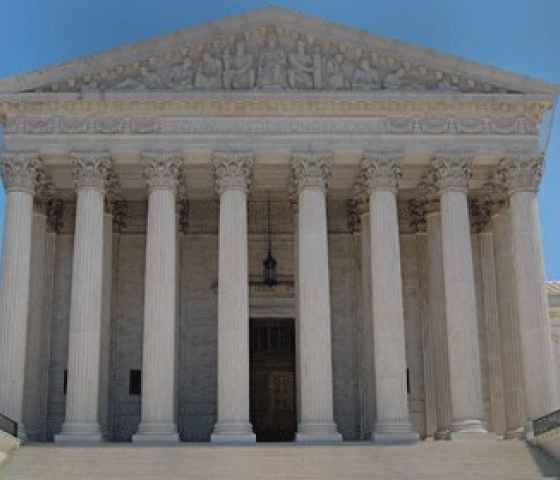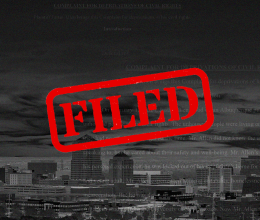Religious liberty is the first freedom guaranteed to us as Americans in our Bill of Rights. And for good reason too. The freedom to believe, or hold no religious beliefs at all, is fundamental to our understanding of a free society and has prevented the religious oppression and bloodshed from which many of our European forbearers fled. Certainly, religious liberty is something to celebrate and defend.
But let’s be clear, the rally in Las Cruces planned by the Tea Party, Rep. Pearce and others has nothing to do with religious liberty and everything to do with discriminating against women by denying access to basic healthcare.These folks are rallying in opposition to the recent Department of Health and Human Services (HHS) rule that requires new health insurance plans to cover birth control, along with other essential preventative services, at no extra out-of-pocket cost. The new rule ensures that millions of women will have access to affordable birth control, something that virtually every American woman uses at some point in her life. This policy represents one of the greatest advancements for women’s health in decades.
Despite the fact that the new rule already exempts churches and other houses of worship, anti-contraception hardliners say this rule violates the religious rights of—for instance—Catholic-affiliated hospitals. It doesn't. Catholic Hospitals are not the same as Catholic Churches, which employ almost exclusively people of the Catholic faith. Catholic Hospitals, public service organizations that benefit from federal funding, employ thousands of people of diverse backgrounds and religious beliefs. The distinction is clear, if a religiously affiliated organization benefits from public funding in the form of tax dollars, it must play by the same rules as everyone else.
Despite the clear fairness and constitutionality of the original rule, President Obama and HHS Secretary Kathleen Sebelius offered a compromise: if a religiously affiliated organization objects to providing contraceptive coverage on moral grounds, insurance companies would be required to provide birth control to employees directly and free of charge. Problem solved. No religiously affiliated organization would be required to provide birth control coverage, and their employees would still have access to essential preventative services.
Groups like Catholic Charities, the Catholic Health Association (the umbrella organization for the nation’s Catholic Hospitals) and the Association of Jesuit Colleges and Universities all announced their support for the new compromise policy.
But extreme opponents of birth control, including the U.S. Conference of Catholic Bishops, have declared they will not be satisfied until all employers—religious or secular—can refuse to cover any medicine, procedure or treatment that runs contrary to their religious beliefs. This is a very bad way to provide healthcare indeed, resulting in a patchwork of exemptions in which employers could effectively deny coverage to any employee for any reason.
Should a book store operated by a Jehovah’s Witness be allowed to deny an employee coverage for life-saving blood transfusions? Should a tech company owned by a Scientologist be permitted to deny an employee with bipolar disorder coverage for psychiatric help? Is it acceptable for a construction company operated by Christian Scientists, who do not believe in modern medicine at all, to refuse to cover an employee’s cancer treatments?
Religious liberty does not mean organizations that receive federal funding get to deny basic healthcare to their employees or force their religious values on a diverse workforce. Taking a job isn’t the same as joining a church. Religious liberty is, and always has been, about individual choice. Sadly, Saturday’s rally is all about eliminating that freedom, attacking access to women’s essential health care and imposing religious doctrine on others.
Alexandra Freedman Smith
Staff Attorney









